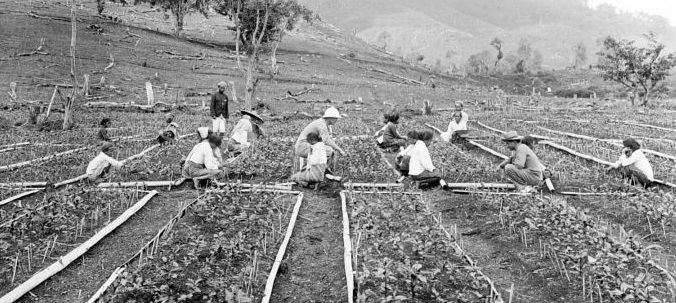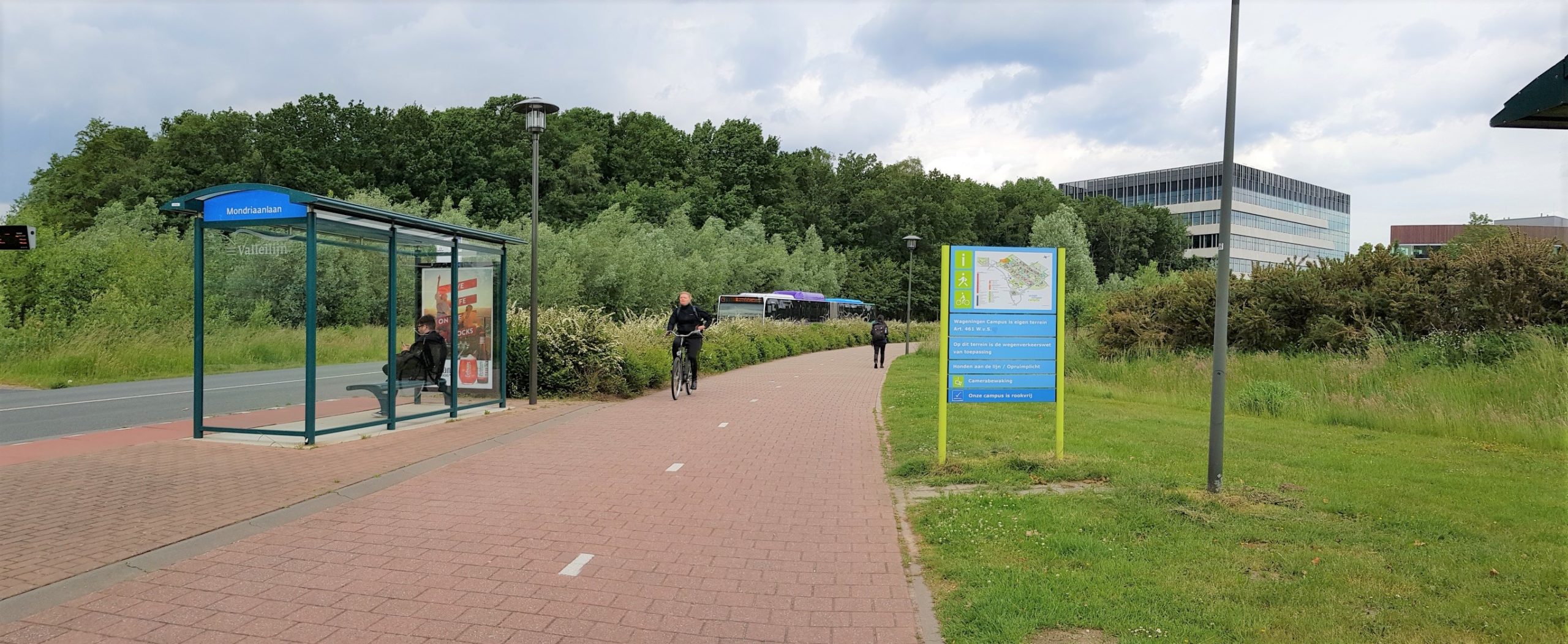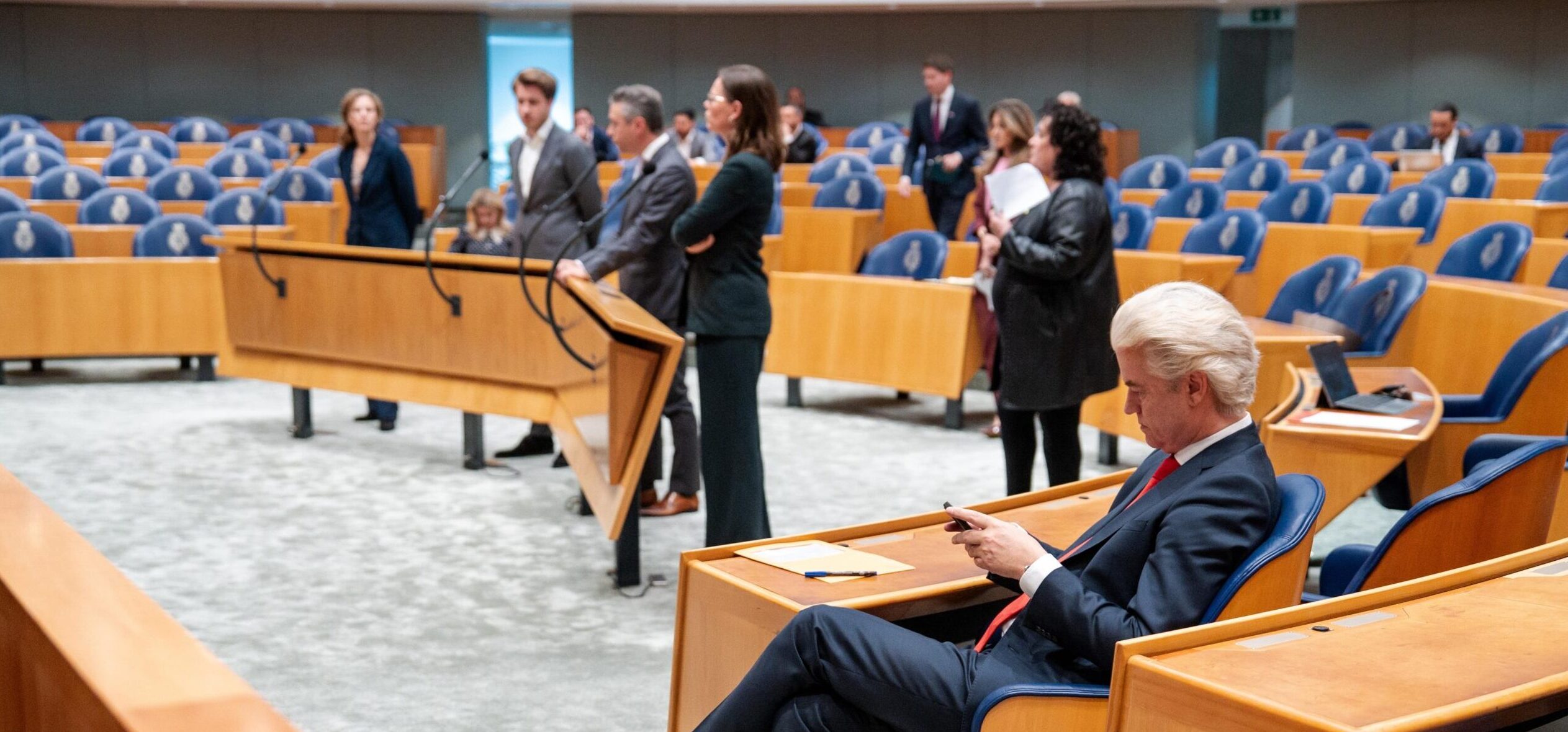The WUR executive board has initiated this three-year programme. The desire to focus on one’s colonial history is in keeping with the national trend amongst banks, municipalities and multinationals, who investigate their ties with the colonial past of the Netherlands.
The historian will reside with the Rural and Environmental History group led by professor Ewout Frankema. ‘We study colonial history continuously. Generally, however, a university or institution does not serve as a point of departure for the research. In this case, the study focuses on us.’
No judgement
Frankema explains that judgement is not part of the research. ‘We will refrain from any form of judgement. We do not aim to apply a moral standard to historical actions. Our goal is to learn more about our past. This initiative results primarily from a healthy scientific curiosity to unveil some of our own history.’
What motivated the launching (or not) of certain programmes?
Ewout Frankema, chair of the Rural and Environmental History group
The study aims to find answers to various questions. Frankema: ‘First, the question what Wageningen scientists were doing there, and within what collaborative context? An account of facts. Then the how: how was this organised and funded? And the why: What motivated the launching (or not) of certain programmes? Finally, the question what scars all this has left?
1876
The study will not start in 1918, when the university was founded, but in 1876, the year agricultural education in Wageningen commenced. Frankema: ‘If we engaged in activities abroad, the earliest possible starting date is 1876. Agricultural research was conducted in the tropics before 1918. Wageningen researchers were involved.’
The research is to culminate in a book. Or rather: two. A Dutch and an English translation. The historian will reside in the former colonies during the study for lengthy periods. The requirements are steep, Frankema acknowledges. In addition to being a good researcher and author, the historian must also be able to handle the publicity the study is likely to generate.
(Applications are welcome to and including 31 May).

 Tea planting beds in Java around 1926. Photo Tropenmuseum
Tea planting beds in Java around 1926. Photo Tropenmuseum 

